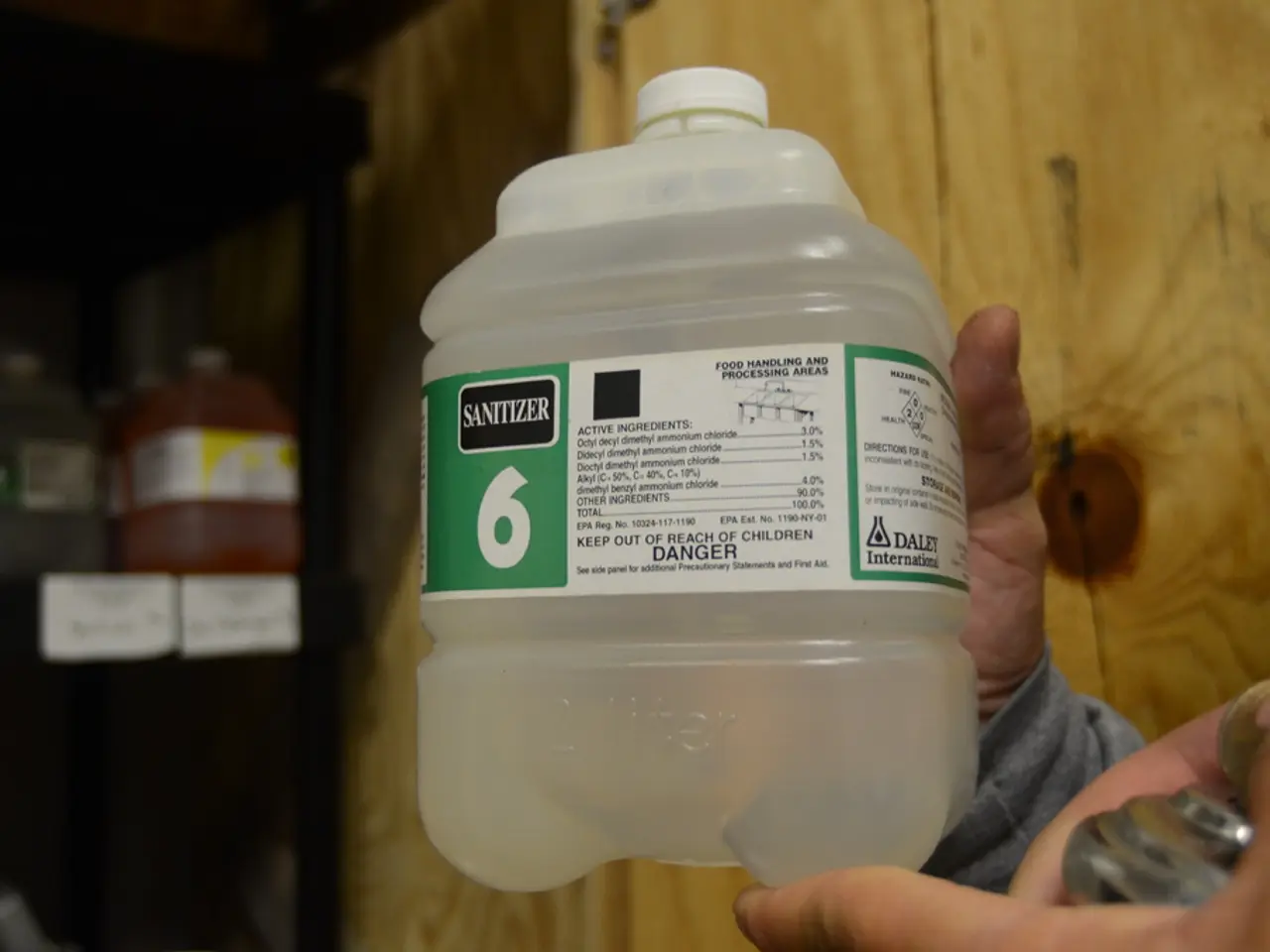Legionnaires' Disease Outbreak Near German Border Claims Lives
A dangerous lung infection, Legionnaires' disease, has struck near the German border, claiming lives in both France and Germany. Authorities are racing to trace the source and prevent further spread.
The disease, caused by Legionella bacteria, is not transmitted from person to person, leaving authorities puzzled about its rapid spread. The first symptoms include shortness of breath, fever, coughing, confusion, and diarrhea. To prevent infection, citizens are advised to heat water in pipes above 55°C and flush pipes weekly. Authorities are taking water samples from affected households to identify the infection source. In France, investigations have been conducted by ARS Bourgogne-Franche-Comté, Santé publique France-Comté, and the National Reference Center in the commune of Port-sur-Saône near the German border to Baden-Württemberg. Anyone experiencing flu-like symptoms is urged to seek medical attention immediately.
Legionnaires' disease has resulted in fatalities, with authorities taking initial security measures to contain the outbreak. Further spread is a concern, and investigations continue to determine the source of the infection.





